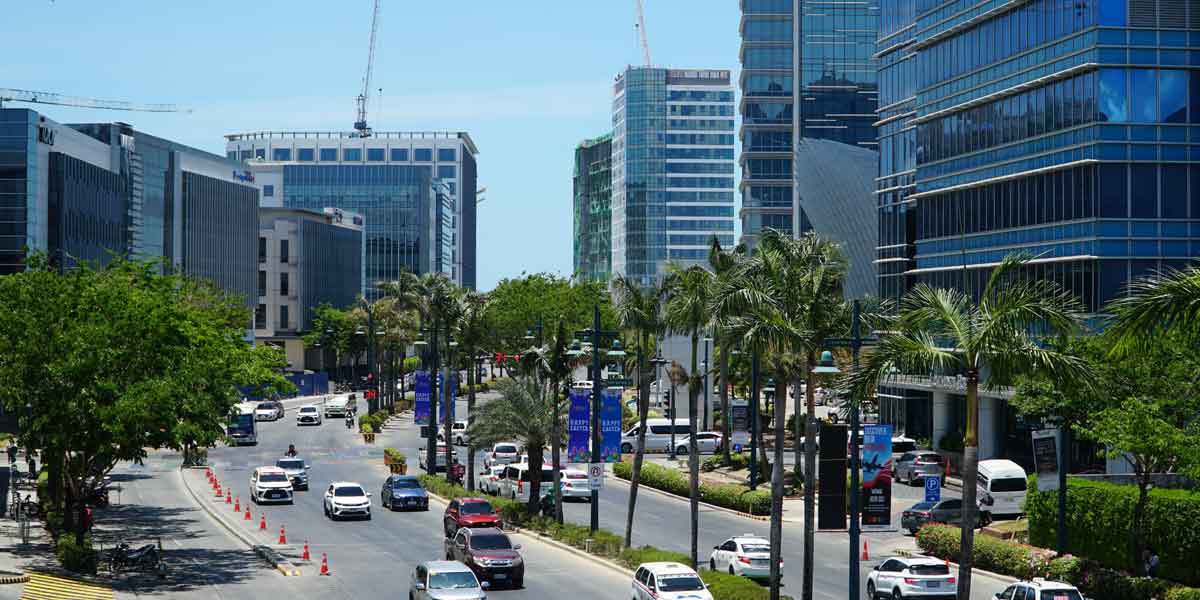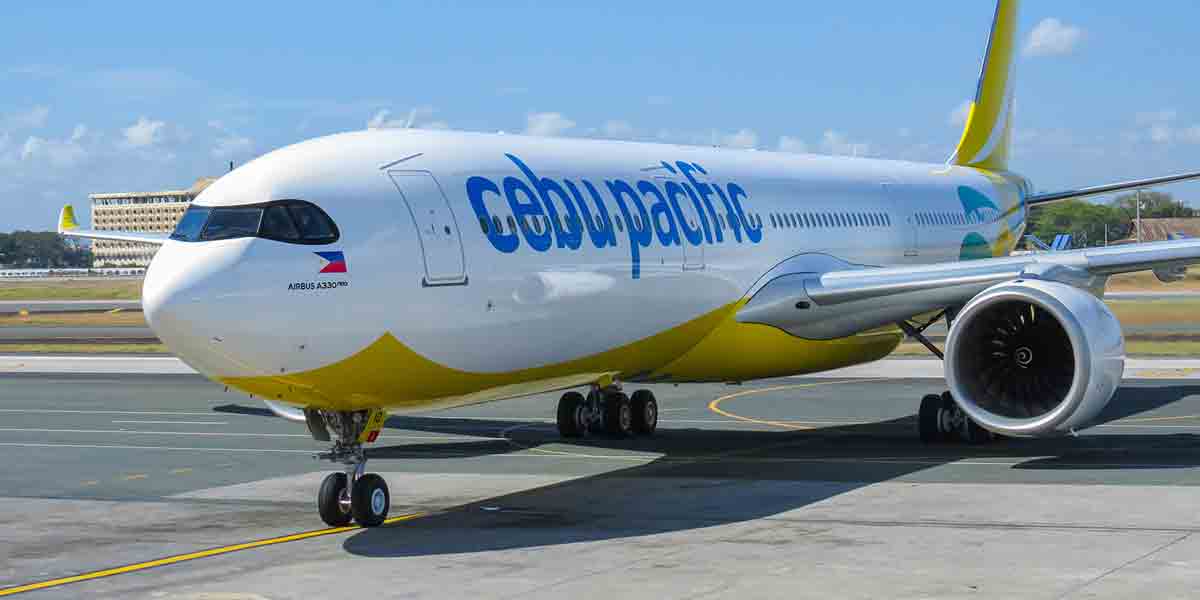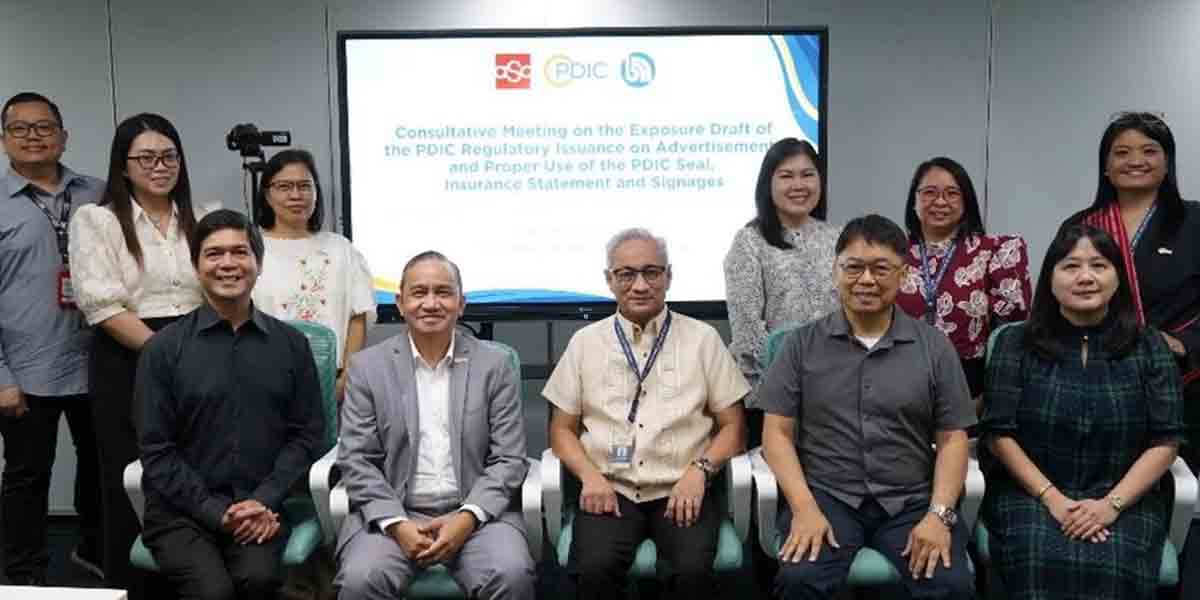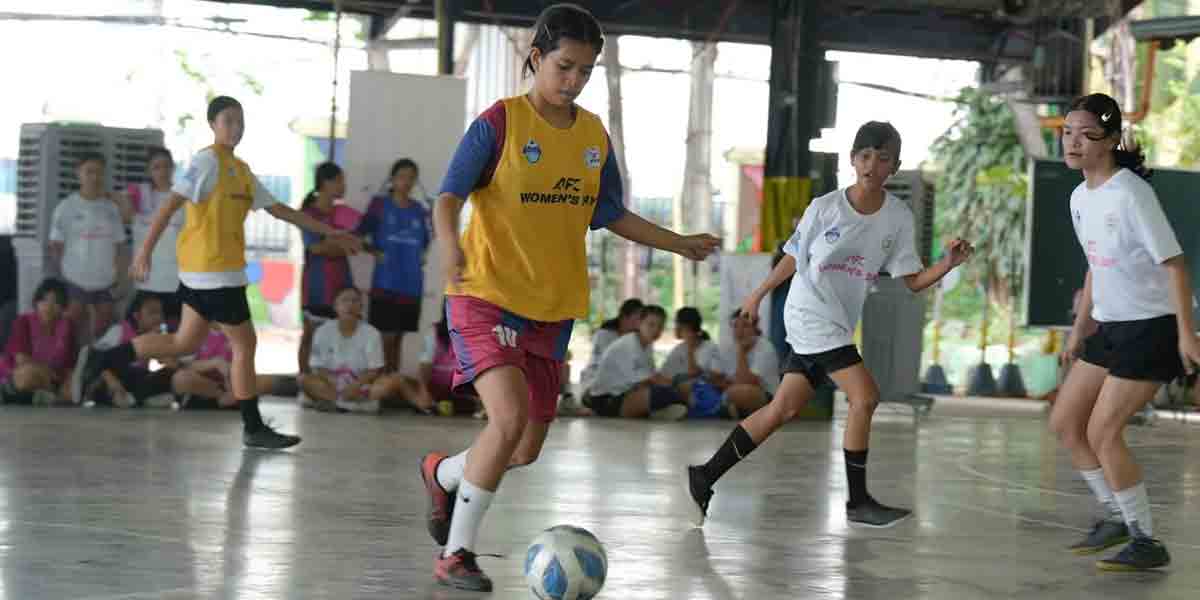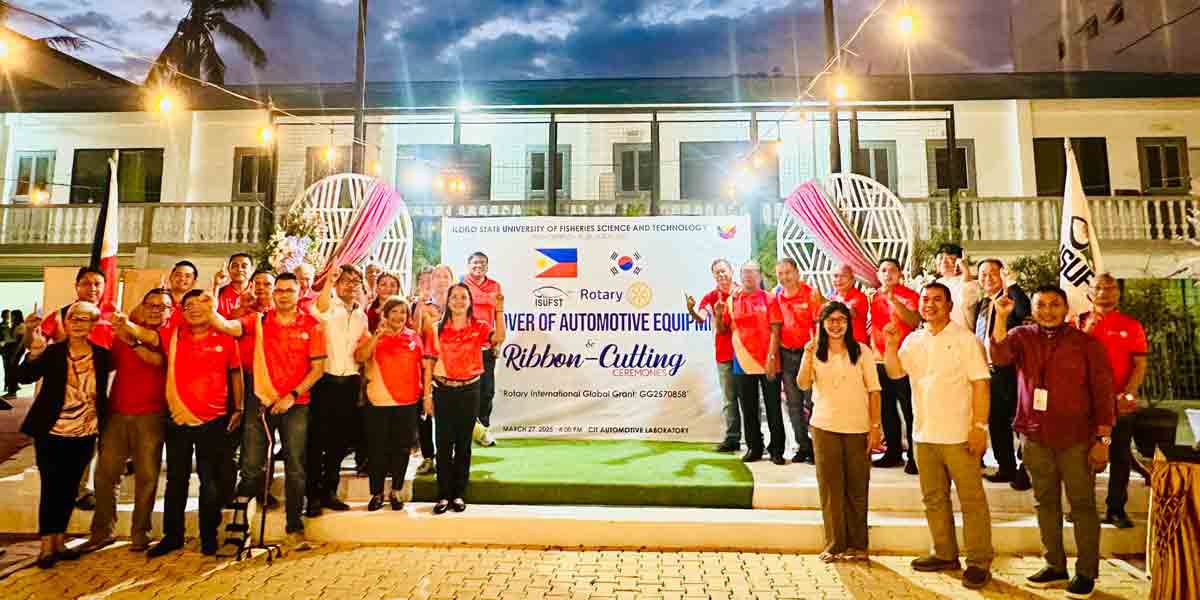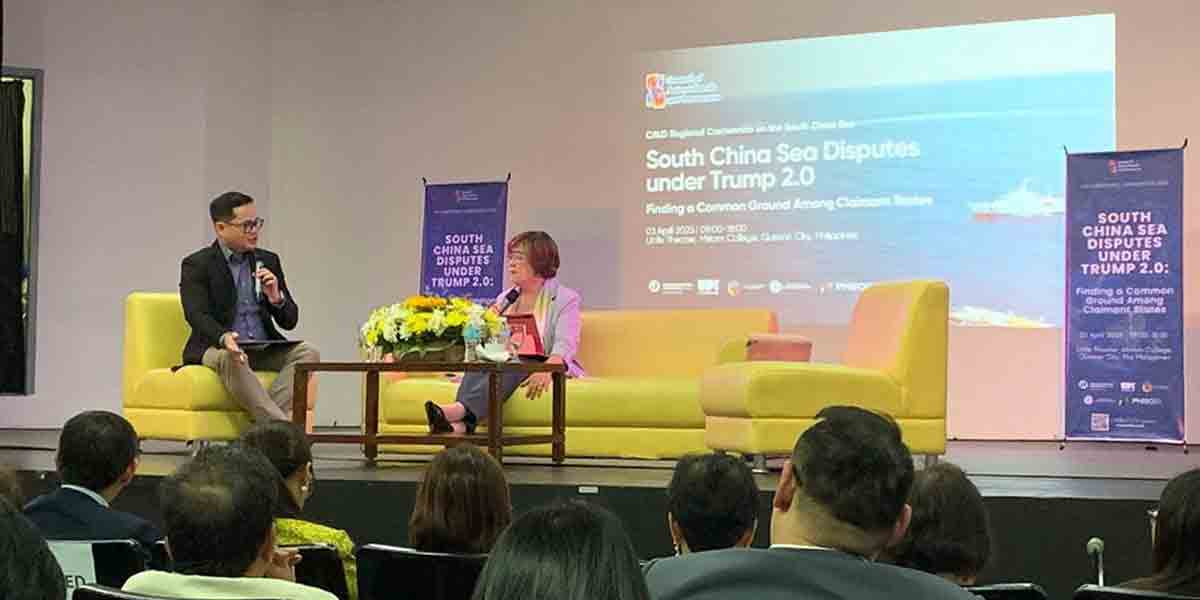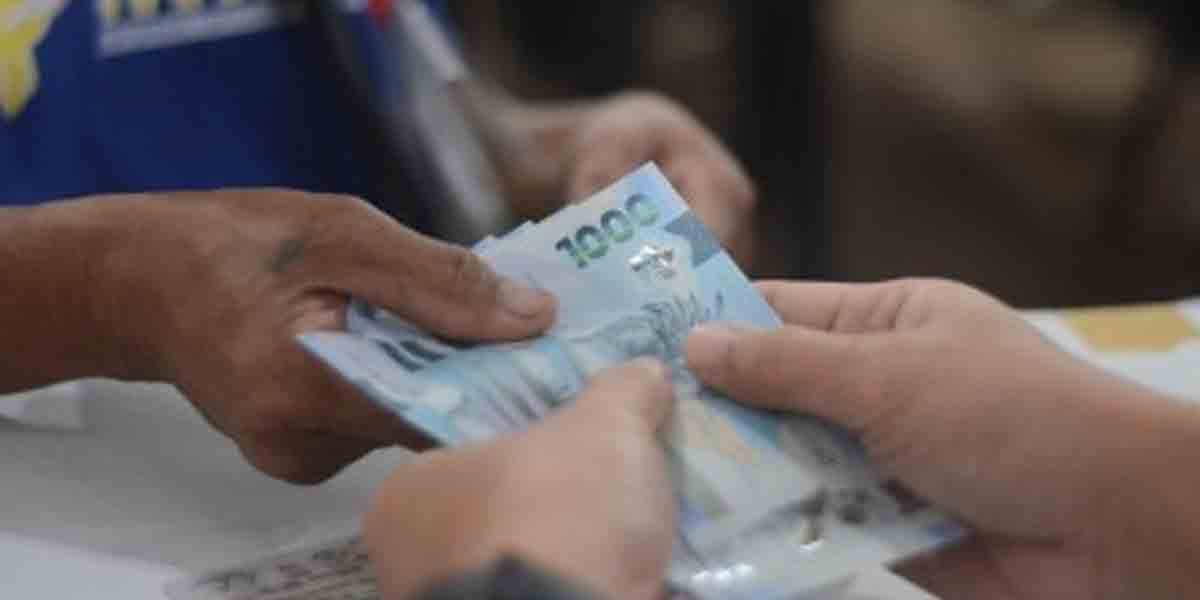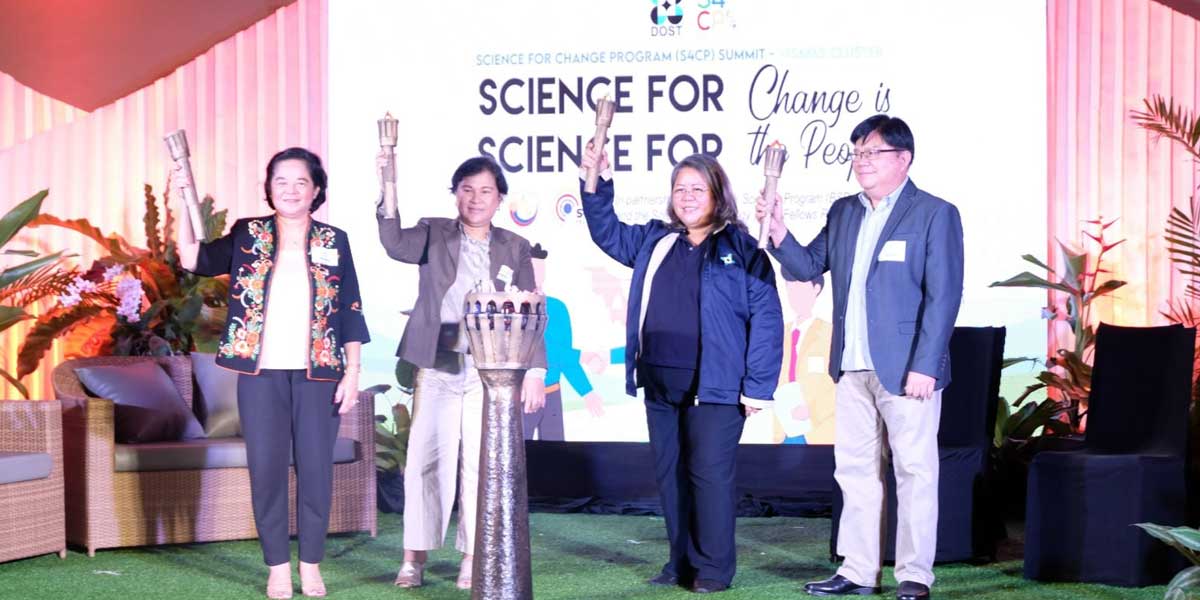
By Joseph B.A. Marzan
The Department of Science and Technology (DOST) on Thursday opened the Visayas Cluster of its Science 4 Change Summit in Bacolod City to highlight the significance and impact of government support to scientists across the country.
The opening is the first of the four-part summit series which intends to highlight the positive changes brought about by the DOST’s Science 4 Change Program (S4CP) through the lens of its project stakeholders.
Showcased in this activity were 11 selected projects from among the S4CP’s four sub-components, namely:
- NICER (Niche Centers in the Regions for Research and Development), which provides research and development (R&D) funding for Higher Education Institutions to address the discrepancy in access to funding among the regions;
- CRADLE (Collaborative R&D to Leverage the Economy) which provides funding to local Filipino companies to enable technological advancement and innovation and to support the growth of the Philippine Innovation ecosystem;
- BIST (Business Innovation through Science and Technology for Industry) which provides financial assistance to Filipino private companies for the acquisition of strategic and relevant technology so they can undertake R&D; and
- RDLEAD (Research and Development Leadership) Program, which engages local science and technology experts to train, direct, and support R&D goals to help develop and strengthen further the research capabilities of the academe, research and development institutions (RDIs), and other government line agencies nationwide.
Projects which were part of the program included the following:
- Kapunungan sa Mag-uuma sa Yutang Lasangnon sa Bulalacao from Alcoy, Cebu, which benefitted from the Cebu Technological University’s Flora and Fauna Assessment Using Permanent Biodiversity Monitoring System in Cebu Island Key Biodiversity Areas under the NICER;
- the Bureau of Fisheries and Aquaculture Resources-Region 6 (BFAR-6), which benefitted from the NICER-Mollusk Center for R&D of the University of the Philippines Visayas;
- the Eastern Visayas Center for Crustacean Research and Development, created by the Samar State University under the NICER;
- Herbanext Laboratories in Negros Occidental which took on the standardization of the use of tawa-tawa in medicine in partnership with the University of San Agustin in Iloilo City under the CRADLE;
- the smarter hydroponics project by Ephrathah Farms in Badiangan, Iloilo in partnership with the Iloilo Science and Technology University under CRADLE;
- the Carageenan Research and Development Laboratory of the MCPI Corporation, developing cold-soluble powders, bioplastic sheets, and bioactive hydrogels from Nano-structured carrageenan in partnership with the University of San Carlos in Cebu under the CRADLE;
- Tacloban City Lechon Industry Association which benefited from the Eastern Visayas State University’s project on reworking of processed meat using a combined acidification-heat treatment process, under CRADLE;
- Herbanext Laboratories’ BIST project on semi-purification of crude plant extracts as an essential step for the production of pharmaceutical-grade ingredients;
- the Northern Iloilo Polytechnic State College’s assessment of R&D programs (now Northern Iloilo State University) assisted by Dr. Gerald F. Quintio of the University of the Philippines Visayas under RDLead;
- the Bohol Island State University assisted by Dr. Esperanza Agoo of the De La Salle University under RDLead; and
- the Eastern Visayas State University, assisted by Dr. Argel Bandala under RDLead.
In his welcome remarks, DOST Undersecretary for Regional Operations Sancho Maborang said that the opening program was just part of the S4CP’s efforts to show how science has been helpful to many institutions around the country, with the end goal of benefitting the Filipino people.
“In the past few months, fora, symposia, virtual pressers, and conferences were conducted to showcase the accomplishments of the program in the past 5 years and how these are being translated for the benefit of our stakeholders. With these programs in effect, knowledge and technology are made accessible for adoption, starting with immediate beneficiaries and project partners and in later years, everyone across the country,” said Maborang.
DOST’s R&D chief Usec. Rowena Guevara cited some elements to the S4CP’s success including leadership, a harmonized national R&D agenda, infrastructure, and policy-making.
“We don’t do things that are difficult. Everything we do for the country like the S4CP has been thought through with Secretary [De La Peña], and we really identified the gaps when we came in in 2016,” she said.
DOST-6 Regional Director Rowen Gelonga said that the S4CP, coupled with other projects by the department, have been instrumental in fulfilling its mandate.
“The outputs from these projects, in the relatively short period of time that we have been implementing these, are testaments that the [DOST] is indeed fulfilling its mandate of utilizing scientific and technological efforts for maximum economic and social benefits of the Filipino people,” Gelonga said.
DOST Secretary Fortunato Dela Peña in his keynote message said that the summit opts to take a look at development from the regions through their beneficiaries and grantees who were able to make use of the department’s assistance in their R&D undertakings.
He cited the Philippines’ ranking in the Global Innovation Index, which jumped significantly from the 100th spot in 2014 to 50th in 2020 and 51st in 2021.
“The summit will feature the positive changes brought about by the [S4CP]-funded projects in terms of regional development and industrial competitiveness from the lens of the researchers, beneficiaries, and stakeholders. With this S4CP, I believe positive change has indeed happened,” Dela Peña said.
The S4CP was created to accelerate Science, Technology and Innovation (STI) in the country in order to keep up with modern developments.
In total, the program has had 42 NICER projects with P2.23 billion approved grants for 47 HEIs and hospitals, 76 CRADLE projects with P344.5 million in grants for 34 HEIs and 77 industry partners, 4 BIST projects with P43.3 million in approved financial assistance, and 65 RD Leaders with P59.9 million in grants in 63 host institutions.



